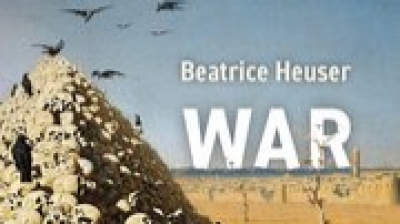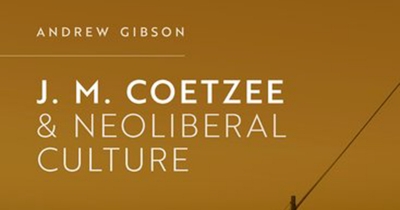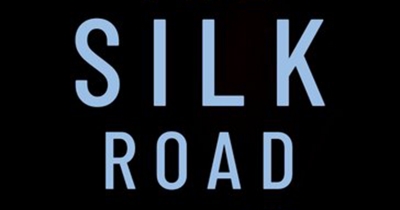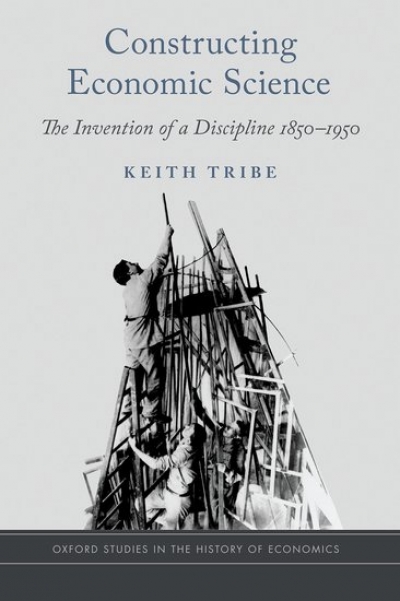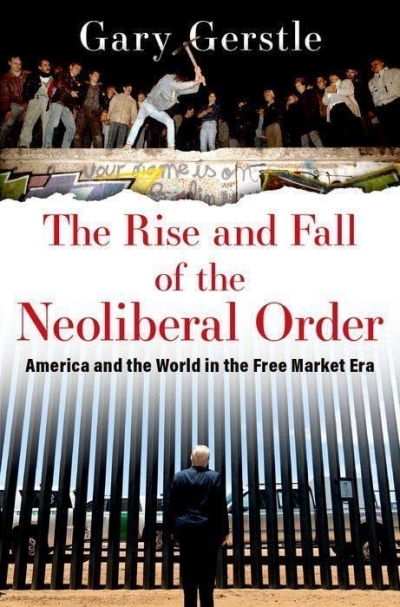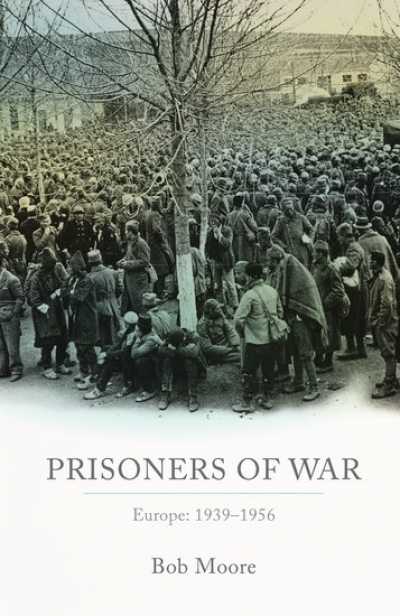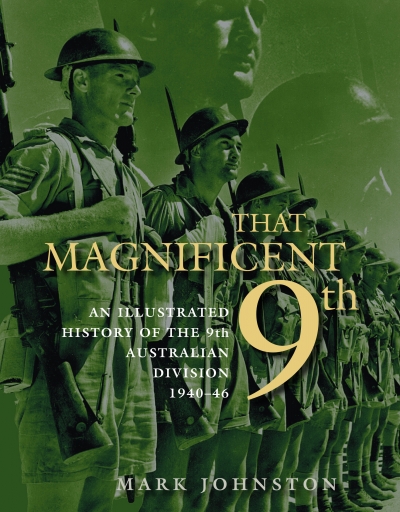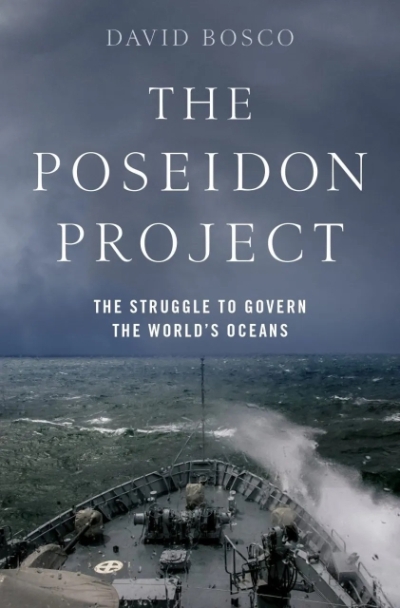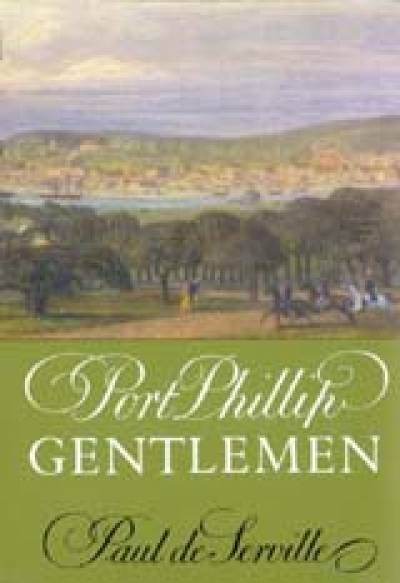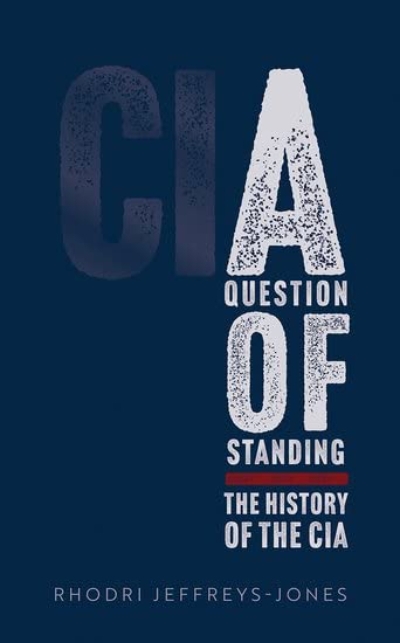Oxford University Press
War: A genealogy of Western ideas and practices by Beatrice Heuser
by Philip Dwyer •
The Silk Road: Connecting histories and futures by Tim Winter
by Robert Wellington •
Constructing Economic Science: The invention of a discipline 1850–1950 by Keith Tribe
by Ryan Walter •
The Rise and Fall of the Neoliberal Order: America and the world in the free market era by Gary Gerstle
by Ian Tyrrell •
That Magnificent 9th by Mark Johnston & Alamein by Mark Johnston and Peter Stanley
by John Coates •
The Poseidon Project: The struggle to govern the world’s oceans by David Bosco
by Killian Quigley •
Port Phillip Gentlemen: Good society in Melbourne before the gold rushes by Paul de Serville
by Jim Davidson •
A Question of Standing: The history of the CIA by Rhodri Jeffreys-Jones
by Timothy J. Lynch •

